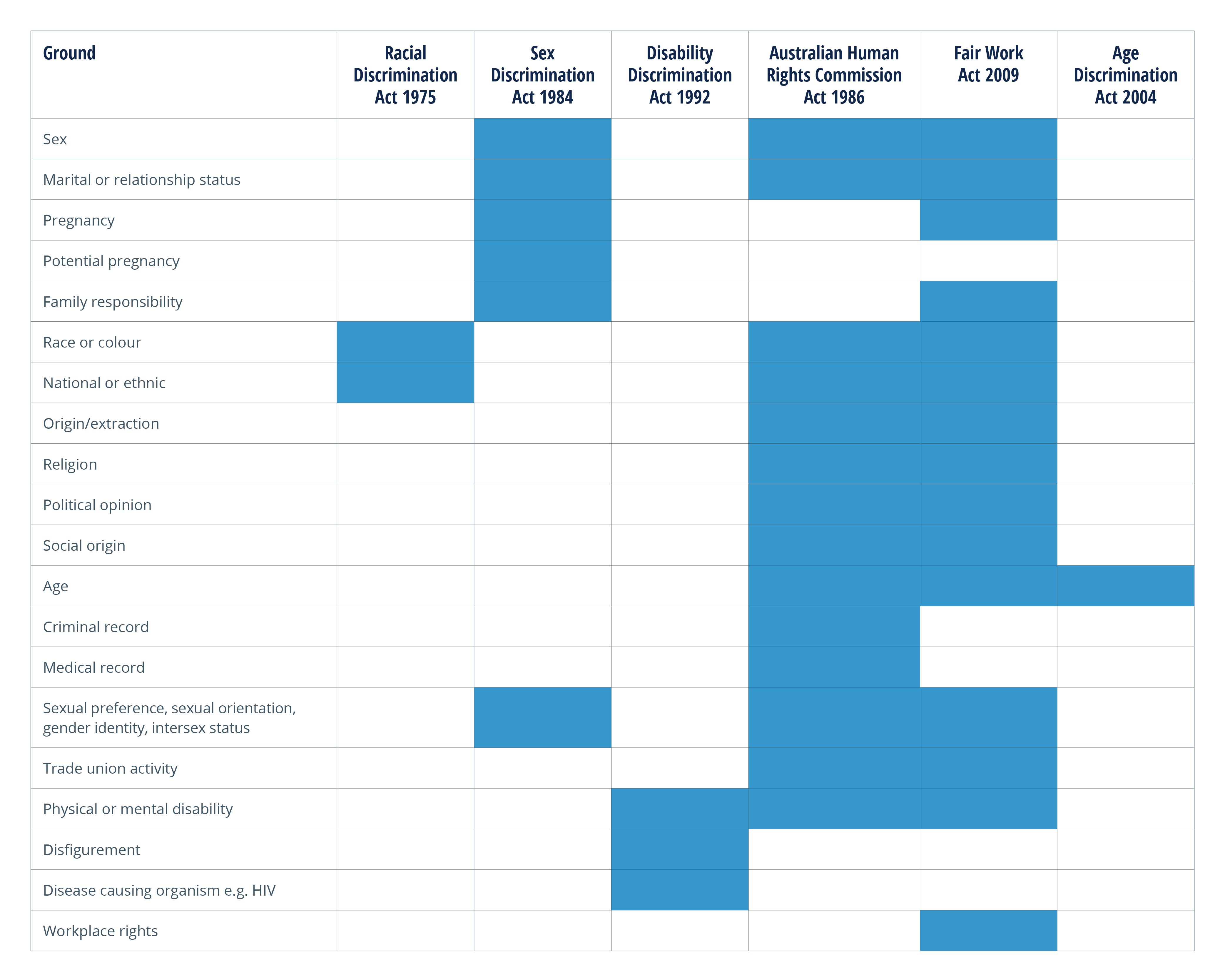As a business owner or HR manager it is crucial to understand what does and what does not constitute workplace harassment.
We walk you through the issue.
What is harassment?
Harassment is defined as unwelcome behaviour that offends, intimidates or humiliates a person.
It is unlawful and may be a form of discrimination.
According to the Equal Employment Opportunity Commission, harassment is "unwelcome verbal or physical behaviour that is based on race, colour, religion, sex (including pregnancy), gender/gender identity, nationality, age, physical or mental disability, or genetic information".
It is covered by a raft of legislation, as outlined below.

Harassment related to the discriminatory grounds listed above may constitute discrimination within the meaning of the listed anti-discrimination legislation.
The fact that no offence was intended or that the conduct was done as a joke does not mean that the harassment is lawful.
Harassment can include behaviour such as:
- Telling insulting jokes about particular racial groups.
- Making derogatory comments or taunts about someone’s religion.
- Humiliating comments or action about a person's disability.
- Disparaging remarks to workers who have made workers' compensation claims.
CCIWA's new eLearning Library has a suite of interactive modules on several topics to help run your business, including workplace harassment.
Our Unboxing Employee Relations YouTube channel has videos from our experts on the issue.
For advice and guidance, contact our Employee Relations Advice Centre on (08) 9365 7660 or via [email protected].






